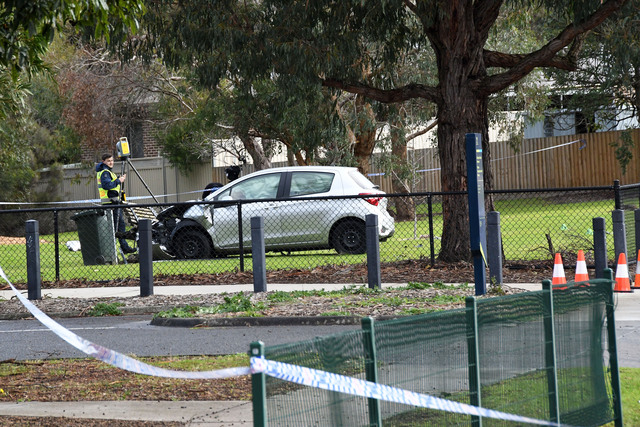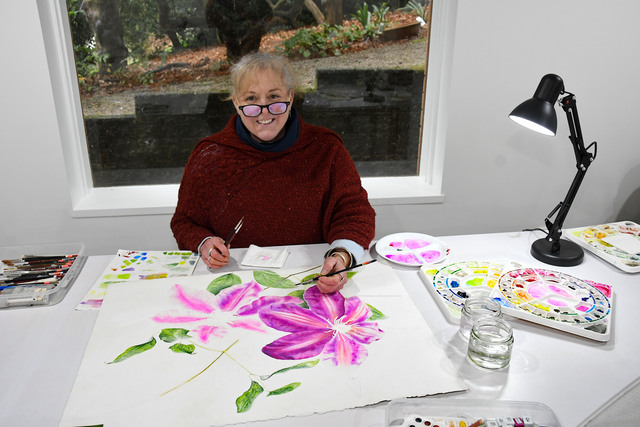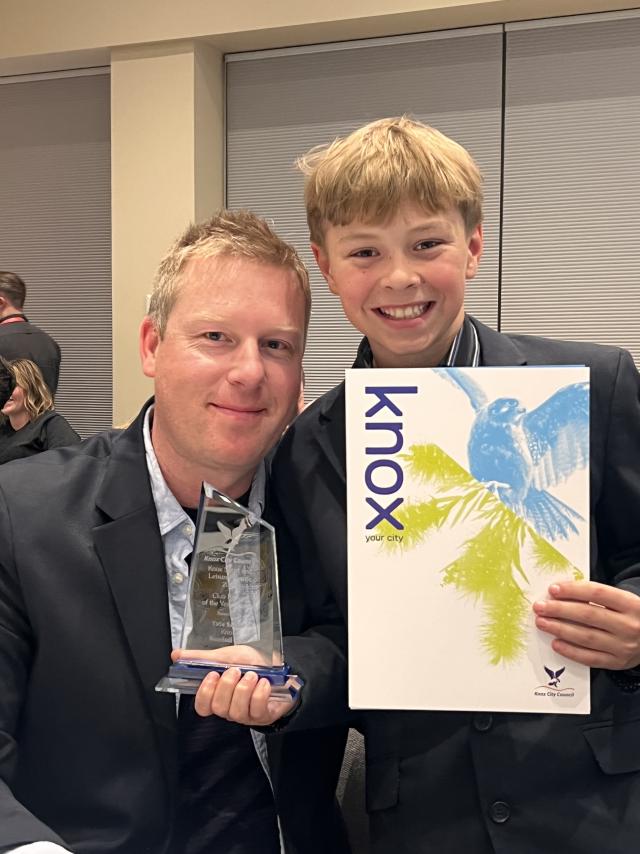By Paul Pickering
TWO foothills councillors say they are sceptical about calls to increase pay for members of local government.
Last week, the Municipal Association of Victoria (MAV) and the Victorian Local Governance Association (VLGA) both made draft submissions to the State Government’s Councillor Remuneration Review Panel suggesting that councillors should be paid more in recognition of ever-increasing workloads.
Responding to the calls, Knox mayor Jim Penna and Dobson Ward councillor Karin Orpen questioned whether throwing more money at councillors was the answer to increasing time pressures.
MAV president Dick Gross said the work undertaken by councillors is undervalued in comparison to other elected politicians.
“Councillors govern multi-million dollar entities covering the broadest possible scope of service delivery and infrastructure provision and we have to get real about the increasingly complex nature of the role,” he said.
The MAV’s recommendation is that the yearly allowance for councillors be increased by an average of $9000, which equates to 16 to 22 per cent of a Victorian MP’s salary.
VLGA CEO Rae Perry said the figure should be more like 20-30 per cent, noting that VLGA research suggests that councillors undertake between 50-70 per cent of a State MP’s workload.
While Cr Penna agreed that councillors should be appropriately remunerated for the time they put into the community, he said that should not necessarily constitute a pay rise.
Cr Orpen was more critical of the recommendations.
“I don’t think throwing additional money at councillors will improve the quality of candidates or make councillors better able to represent our constituents,” she said.
Drawing upon her own experience of balancing council commitments and a full-time job for nearly 17 years, Cr Orpen said that local government organisations need to focus on changing the way councillors work rather than providing financial incentives.
She said that if local government claimed to be a legitimate third tier of government, then councillors must have the means to become more professional in the way they work.
While Cr Orpen conceded that she did not have all the answers, she said that an increase in administrative assistance would ease the burden on councillors.
Cr Penna said that Knox is currently developing strategies to ensure that councillors exercise an appropriate level of delegation and have access to continued support from other staff.
Amid all the talk of remuneration, Cr Orpen was keen to note that the nature of the role dictated that financial prosperity was always a peripheral issue.
“We certainly don’t do it for the money,” she said. “You do it for the love of your community and you go there because you’re trying to make it the best place it can be.”
The Councillor Remuneration Panel is expected to make its recommendations to the Minister for Local Government by the end of next year.
Councillors say there’s no need for a pay rise
Digital Editions
-

Local tech supports councils
Nothing ignites community backlash quite like a proposed council rate rise. North Sydney Council learned this in April, when its plan to increase rates by…





